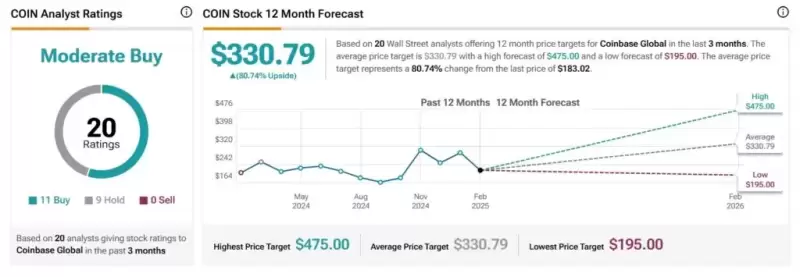 |
|
 |
|
 |
|
 |
|
 |
|
 |
|
 |
|
 |
|
 |
|
 |
|
 |
|
 |
|
 |
|
 |
|
 |
|
Before I even arrived at this year's Africa Bitcoin Conference, I saw attendees posting about Tando, a new Kenya-based payments app that allows users to spend their sats with merchants who don't accept bitcoin.

When I tell people I'm headed to Africa to cover the continent's Bitcoin conference, the first question I get is usually something like, "Is bitcoin legal in Africa?"
The answer, of course, is that it depends on the country. In some African nations, bitcoin is fully legal, while in others it exists in a gray area or is even banned outright.
But legality doesn't tell the whole story. Even in countries where bitcoin is technically illegal, people are still using it — and not just to buy and sell cryptocurrencies. They're also using bitcoin to pay for everyday goods and services, thanks to a growing number of apps that make it possible to spend sats with merchants who don't accept bitcoin.
One of these apps is called Tando, a Kenya-based payments app that I saw attendees posting about before I even arrived at the conference. I had to check it out for myself.
To use Tando, I simply downloaded the app and prepared to pay any merchant who accepts payments via M-PESA, Kenya's mobile money service. (I didn't have to go through a set up or KYC process, as Tando doesn't collect any identifying information from its users.)
When the merchant presented me with my bill, I simply clicked on the "Send Money" square on the app's home screen. From there, I entered the mobile number tied to the M-PESA account to which I'm sending money and then input the amount of Kenyan shillings I want to send.
The app automatically calculated the amount of sats it will take to cover the shilling amount I've input. I then clicked on the green "Create Invoice" button to obtain a Lightning invoice. After that, I copied the invoice and paid it via my preferred Lightning wallet. Tando receives the sats and then settles the bill in shillings with the merchant within seconds.
I can barely count how many times I've watched Bitcoiners use Tando to pay restaurant bills or taxi fares since I've been here. (I've been to a lot of restaurants and have ridden in a lot of taxis since I've arrived.)
Now, I know what some of you are thinking: Tando interfaces with a fiat payment system, which means it should be excommunicated from the Church of Bitcoin.
But before you allow yourself to entertain that kind of thinking, please consider the following notions:
The excitement around Tando at the conference was part of the broader enthusiasm around apps that make bitcoin easier to use across the African continent — apps like Bitsacco, Machankura, Fedi and Bitnob.
These apps are playing a crucial role in driving bitcoin adoption among Africans, who are already far ahead of their counterparts in the United States when it comes to using bitcoin as it is intended to be used — as peer-to-peer electronic cash.
And while many Africans are working tirelessly to onboard as many merchants as they can to Bitcoin, Tando is an excellent intermediary step that allows Bitcoiners to spend their sats even if the merchants with whom they're spending don't yet accept bitcoin payments.
Disclaimer:info@kdj.com
The information provided is not trading advice. kdj.com does not assume any responsibility for any investments made based on the information provided in this article. Cryptocurrencies are highly volatile and it is highly recommended that you invest with caution after thorough research!
If you believe that the content used on this website infringes your copyright, please contact us immediately (info@kdj.com) and we will delete it promptly.
-

-

-

- Brian Armstrong says the US economy would benefit if Congress adopts stablecoin legislation
- Apr 03, 2025 at 02:10 pm
- In a new post on the social media platform X, Armstrong says dollar-backed stablecoins are growing in popularity and could yield increased benefits for users as well as the US with changes to the law.
-

-

-

-

-

-




























































